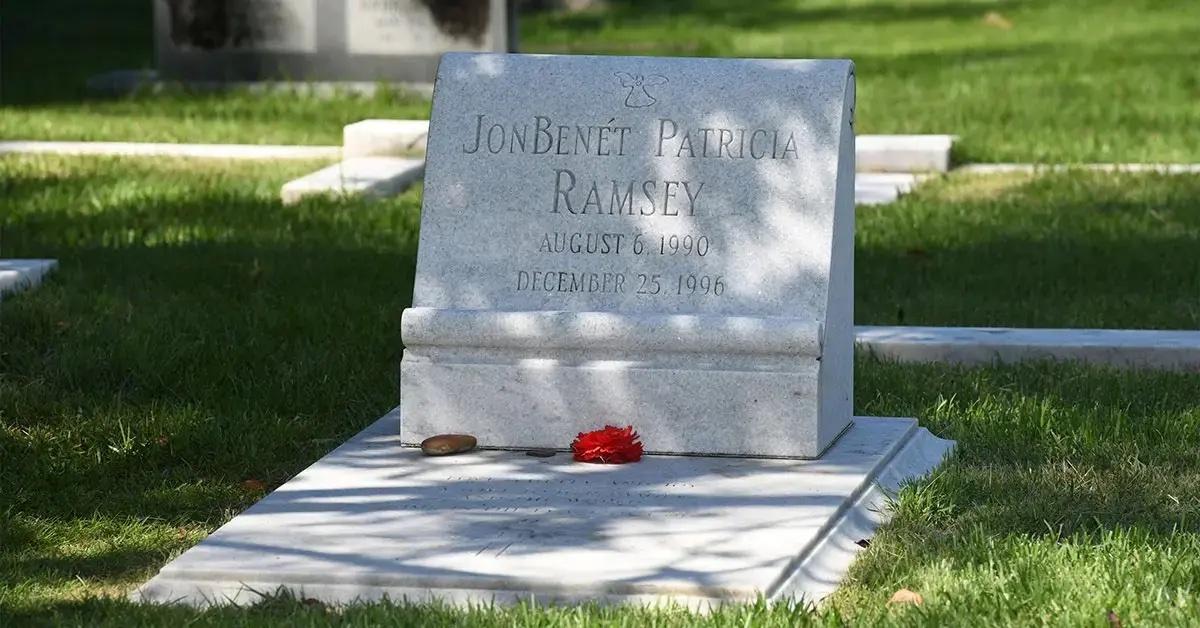Mnangagwa under fire over ‘unconstitutional’ Patriotic Bill, accused of shrinking the civic space and silencing dissent
By Anna Chibamu
PRESIDENT Emmerson Mnangagwa has been accused of launching brutal attack citizens’ rights to freedom of expression, peaceful assembly and association following his decision to sign of the draconian Criminal Law Codification and Reform Amendment Bill into an Act just a month before the country goes to the polls
Mnangagwa’s so-called Patriotic Bill lists as an offense “wilfully injuring the sovereignty and national interests of Zimbabwe” by citizens calling for military intervention and sanctions against the country.
The bill faced widespread opposition from lawyers and activists describing it as a grave assault on human rights.
In a statement over the weekend, Amnesty lnternational said Mnangagwa must immediately reverse his decision which will further silence dissent.
“The signing of the ‘Patriotic Bill’ into an Act by the President is a grave attack on the rights to freedom of expression, peaceful assembly and association.
“The enactment of the Bill is stronger evidence that the Zimbabwean authorities are bent on further shrinking the civic space and silencing dissent,” Amnesty International’s Deputy Research Director for Southern Africa, Khanyo Farisè said.
Farise called upon President Mnangagwa to reverse his decision and immediately ensure the repeal of the law to demonstrate the commitment of his government to human rights.
Further, the human rights organisation urged the government to fully and effectively respect, protect, promote and fulfil the rights of everyone to freedom of expression, peaceful assembly, and association.
It said the Act failed to meet the requirements of legality, proportionality, and necessity.
The penalties provided by the Act include loss of citizenship, denial of the right to vote and the death penalty.
“Imposing these penalties on people simply for peacefully exercising their human rights is patently unconstitutional and incompatible with Zimbabwe’s international human rights obligations.”
The Zimbabwe Lawyers for Human Rights (ZLHR) also condemned the authorities on the matter.
Part of its statement read: “Of grave concern in the Bill are the excessive penalties for wilfully injuring the sovereignty and national interest of Zimbabwe, which include the death penalty, lengthy imprisonment, and revocation of citizenship, prohibition of from being registered as a voter or voting at an election for a period of at least five years.”
ZLHR stated that some of the penalties were manifestly unconstitutional.
“The death penalty can only be imposed on a person convicted of murder in aggravating circumstances, as provided for in section 48 of the Constitution of Zimbabwe.
“The penalty of prohibition of registration as a voter or voting at an election violates political rights as provided for in section 67 of the Constitution as read with paragraph 2 of the Fourth Schedule to the Constitution, which provides for disqualification for registration as a voter only if a person has been convicted under the Electoral Act.
“Revocation of citizenship can only be done in terms of section 39 of the Constitution of Zimbabwe, and conviction for so-called unpatriotic conduct is not a ground for revocation in terms of section 39 of the Constitution,” said ZLHR.
The European Union (EU) Delegation to Zimbabwe wrote on Twitter: “Zimbabwe, as a sovereign country has committed in the Arrears Clearance process to enhancing respect for freedoms of association, assembly &expression, as well as building trust with the international community. Today’s legislation sends a political signal in the opposite direction.”



